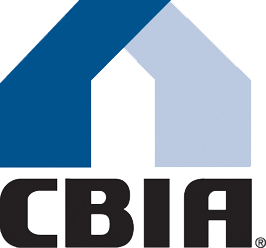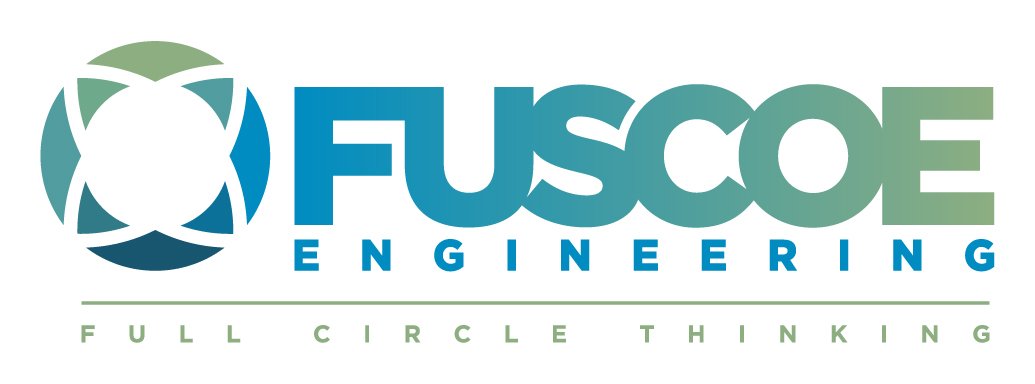by Phillip B. Burum, DR Horton,
President, Building Industry Association (BIA) Baldy View Chapter
Many Americans start on the path to home ownership thinking their first home needs to be a resale rather than a new home. Several will even focus on finding a ‘fixer upper’ – a term for an existing home that will require some work to make it comfortable and safe. The economic rationale is based on initial affordability and, although that needs to be part of the decision process, there is a bit more to the story that should be evaluated. None of what follows is intended to discourage someone from buying a resale home. If buying a home that needs work is what it takes to get you into a home of your own, then go for it. Home ownership is what is crucial. It is often the first step that Americans will take on the road to financial independence.
Before jumping in with both feet on a resale, however, evaluate the next two to three years’ worth of expenses that will be incurred after you move in, including the leak in the roof that becomes more than an infrequent nuisance or the kitchen that needs updating with more spacious cabinets or a granite counter top. Taking an honest accounting of the costs that it will take to get the older home to the standard that you and your family will enjoy, coupled with the savings that can be reaped by buying a more energy efficient modern home, may persuade you that a new home is a better choice.
We have spent this April celebrating the benefits of new homes – particularly the economic advantages to new home buyers. Those include; historic levels of energy efficiency, water conservation, warranties and state-of-the-art appliances, along with personalization features such as custom flooring and enhanced countertop options. Yet, probably the biggest single benefit of purchasing a state-of-the-art new home is its life expectancy.
Approximately two hundred and fifty thousand separate parts and pieces are used in the construction of a newly built home, which was designed, reviewed, constructed and inspected by nearly one hundred separate professionals. Homes constructed today are the safest, most durable and environmentally friendly homes in history.
The National Association of Home Builders (NAHB) released a joint study with Bank of America entitled A Study of Life Expectancy of Home Components. As the title describes, the intent of report was to describe what modern homebuyers should expect regarding the durability of homes constructed today. For example; the study indicates that all types of modern insulation in today’s new home can be reasonably expected to last a lifetime if they are protected against punctures, moisture and ultraviolet rays.
The concrete foundation and the natural hardwood surface installed on top of the foundation should literally last a hundred years, as will the marble, slate or granite countertops if properly maintained. Windows are the most exposed components of a new home so today’s window materials and designs can last decades when properly cared for. The study found that aluminum windows could be reasonably expected to last up to 20 years while wooden windows can last upwards of 30 years.
While the life expectancy of a roof and exterior paint will depend on local weather conditions as well as appropriate maintenance, NAHB’s survey found that slate, copper and clay/concrete roofs could be expected to last more than half a century while a fresh coat of paint can last for more than 20 years on a home’s exterior.
The materials used in modern construction create a tremendous benefit that is often overlooked when buying a home. Consider the long-term savings of a state-of-the-art new home and one can see how today investing in a new home in a new home community can be more economical in the long run than a ‘fixer upper’.
Before making the decision on which home to buy, take 91 minutes, grab your remote control and cue up The Money Pit on Netflix. I’m not suggesting that this silly 80’s comedy is a documentary on fixer uppers, but at least it will help you maintain your sense of humor if things do go a little awry.
For more information on Tom Hanks movies, consult his IMDB page. For more information on the benefits of new homes, or regarding home ownership in general, go to www.biabuild.com on the web.
*****

















